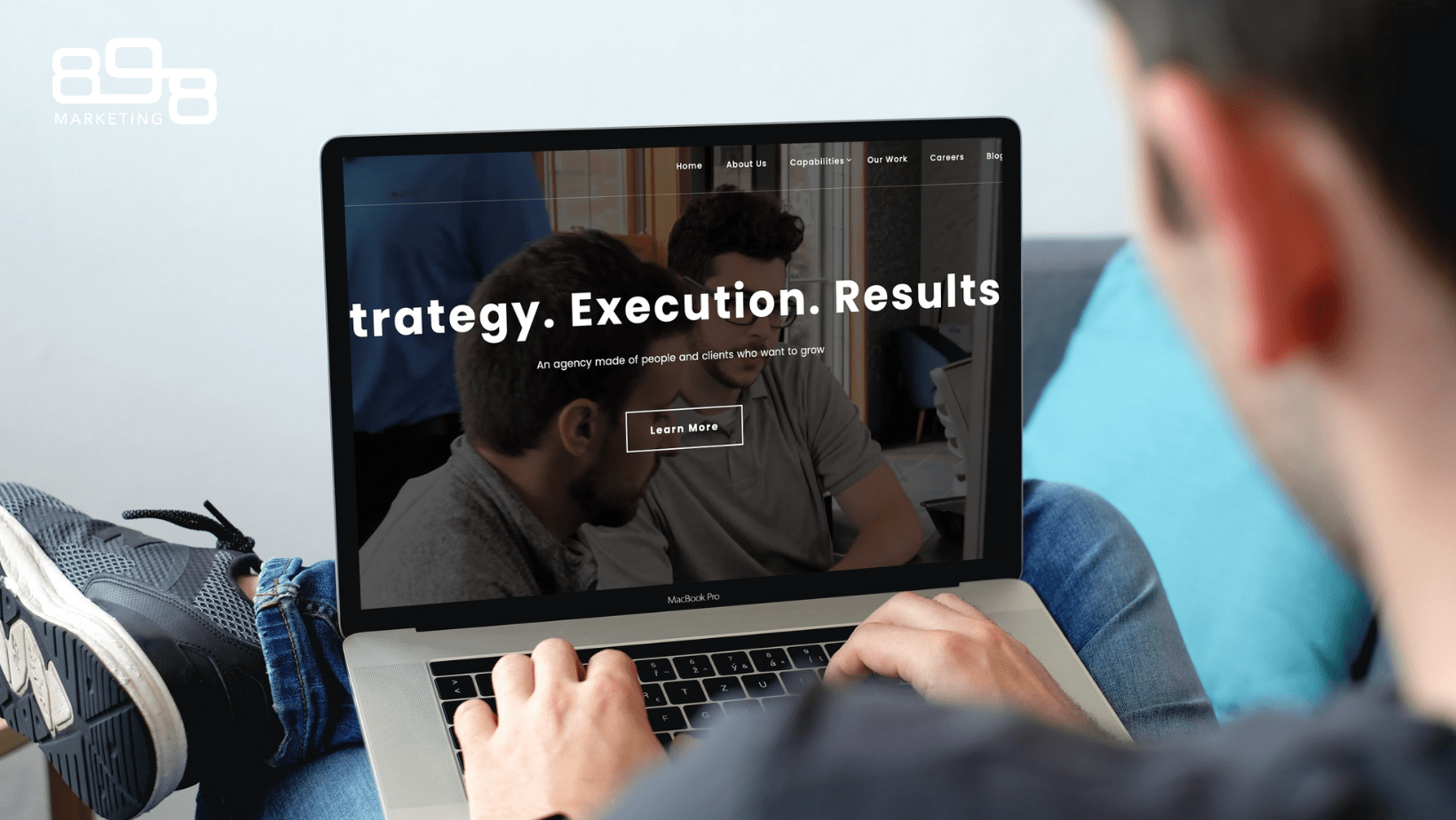
The Ever-Changing Digital World
- Brady Sklenar
- May 10, 2022
- Advice, Blog, Web Development, Website
- digital marketing, HTML, SEO, website development
- 0 Comments
Are you evolving?
Spring is a time of new life and growth— and just as nature is always evolving, we, too, need to continue to evolve, especially in the digital world.
The longer you work in your career, the easier it is to stick to what you already know. The skills you’ve learned and the processes you’ve developed work well, so why change them?

But the most important lesson I’ve learned working in a computer-related field is that you always need to change things up and try something new. This lesson is most crucial for any technical field, but I believe it can help anyone improve their skillset and become better at what they do.
The process to build a good website has changed dramatically over the last thirty years. When the internet first came about, a website was coded in basic HTML. The actual design consisted of plain fonts, solid colors, and sometimes pictures that loaded very slowly. Over time, languages like PHP and JavaScript were created to make sites more interactive, and today websites are more complex than ever.
Modern websites need to have:
- a responsive design that works for all screen sizes
- SEO to help with search engine rankings
- interactive elements that connect to social media services
- secure SSL/TLS certificates
- analytics tracking
- elements that lead users to take further action on the site
…And those are just what I would consider the necessities for a “basic” website.
Move forward, regardless of hesitations
The number of things that change in website design every year can be overwhelming, and it’s difficult to get everything right. This is why it’s so tempting to stick to the solutions and processes you’ve worked so hard to create. However, by ignoring new trends and tools, you’ll be left in the dust before you know it.
In fact, it wasn’t too long ago that Adobe Flash was a required tool to make an outstanding website. Today, Flash is discontinued and blocked on all modern browsers and devices.
There’s always a need to change your habits and prepare for future changes in your field. That’s why I try every year to not only learn new skills but find a project to put them to use. For website design, I try to learn a new language, framework, or software and use it in a website project.
No matter what field you’re in, I challenge you to not only learn a new skill but implement it in one of your projects. Even if it’s for an internal tool or not even used at all, using that skill in a practical way will help you to better learn and understand it. We may not be able to change our entire process overnight, but these incremental improvements over time help us to stay up-to-date on what’s coming in the future.
Ten years from now, our current knowledge will be completely outdated. But by continuing to learn and implement new skills, these drastic changes to the industry won’t feel as overwhelming.
Think about it…
What do you think our digital tools will be like 10 years from now?








Recent Comments